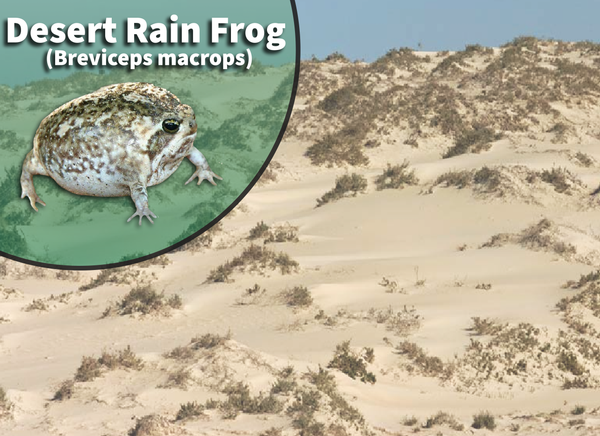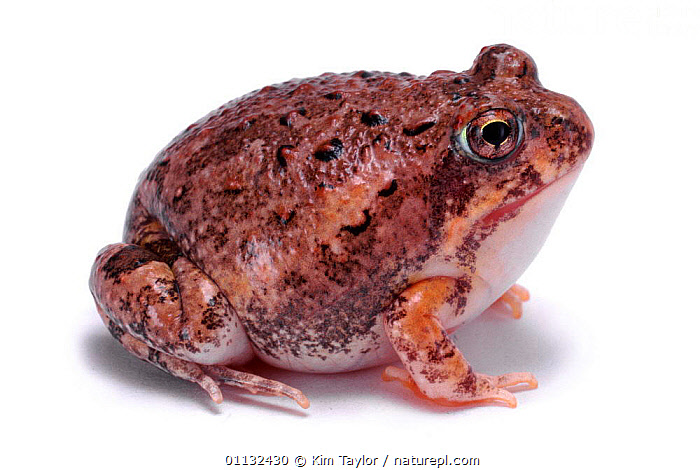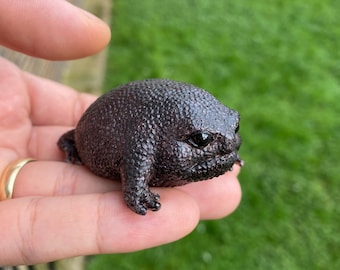Check Out Rain Frog for Sale: Raise Your Family Pet Game with a Special Amphibian Close Friend!
Common Wellness Issues in Reptiles: Signs and Solutions
In the elaborate globe of reptile treatment, understanding the common health concerns that may affect these distinct animals is critical in ensuring their health. Whether it's grappling with parasitic invasions, browsing dehydration problems, or dealing with skin disorders that materialize in refined ways, being attuned to the signs and symptoms and equipped with the expertise of effective remedies is important for any type of reptile proprietor.
Breathing Infections
Breathing infections in reptiles can significantly affect their total health and require punctual interest from skilled vets. These infections are commonly brought on by infections, germs, or fungi and can materialize with signs and symptoms such as hissing, nasal discharge, open-mouth breathing, and sleepiness. In reptiles, respiratory system infections can be especially challenging to diagnose and deal with due to their one-of-a-kind anatomy and physiology. Vets frequently count on a combination of physical exams, diagnostic imaging, and lab examinations to precisely determine the underlying reason for the infection.
Therapy for respiratory system infections in reptiles normally involves a combination of supportive care, such as keeping appropriate moisture degrees and temperature slopes in the unit, along with targeted medicine to resolve the certain virus liable for the infection. It is important for reptile proprietors to monitor their pet dogs closely for any type of signs of respiratory distress and look for veterinary treatment at the earliest indication of an issue. With prompt treatment and proper therapy, several reptiles can recuperate fully from breathing infections and return to normal tasks.

Metabolic Bone Illness
What variables add to the advancement of Metabolic Bone Condition in reptiles?
Metabolic Bone Illness (MBD) in reptiles is primarily created by an absence of proper calcium, phosphorus, and vitamin D3 levels in their diet regimen. When reptiles do not get ample calcium, either via their food or appropriate UVB exposure for vitamin D3 synthesis, they are at a high risk of developing MBD. Reptiles with diets low in calcium or unbalanced calcium to phosphorus ratios are particularly prone. Furthermore, inadequate direct exposure to UVB light prevents reptiles from manufacturing vitamin D3, which is important for calcium absorption and bone wellness.
Insufficient humidity levels can likewise affect a reptile's ability to metabolize calcium successfully. Normal veterinary check-ups, correct husbandry techniques, and a well balanced diet plan are crucial to avoid Metabolic Bone Disease in reptiles.
Parasitic Invasions
Parasitic invasions posture a considerable health danger to reptiles, impacting their overall well-being and needing punctual vet interest. Reptiles can be impacted by different bloodsuckers, including termites, ticks, internal worms, and protozoa. These parasites can create a variety of signs and symptoms, such as fat burning, lethargy, skin inflammation, diarrhea, and even fatality if left neglected.
One common parasite located in reptiles is the mite, which can cause skin irritability, stress, and anemia. Ticks are an additional outside bloodsucker that can trigger and transmit conditions discomfort to the reptile. Interior bloodsuckers like worms and protozoa can lead to digestive issues, poor nutrition, and compromise the reptile's immune system.
To diagnose a parasitical infestation, a veterinarian might execute fecal tests, skin scrapings, or blood examinations. Treatment commonly includes deworming medicines, antiparasitic baths, or in severe cases, hospitalization. Preventative procedures such as regular veterinary check-ups, correct hygiene, and quarantine procedures for new reptiles can aid lessen the threat of parasitic invasions and ensure the wellness of reptile pet dogs.
Dehydration and Hydration Issues
Dehydration in reptiles can dramatically influence their health and well-being, requiring prompt treatment and ideal hydration management. Reptiles are vulnerable to dehydration because of various elements such as insufficient water intake, high ecological temperature levels, and certain health and wellness conditions. Signs and symptoms of dehydration in reptiles include sunken eyes, sleepiness, loss of skin flexibility, and decreased peeing. If left neglected, dehydration can bring about severe health problems and also be deadly to the reptile.
To avoid dehydration, reptile owners must guarantee that their animals have access to clean water whatsoever times. The water dish should be large sufficient for the reptile to soak in if required, especially that site for types that soak up water through their skin. In addition, keeping proper moisture degrees in the reptile's unit and supplying normal baths can help protect against dehydration.
In cases of dehydration, it is vital to seek vet treatment without delay. A veterinarian may carry out liquids either by mouth or via injections to rehydrate the reptile. It is important to attend to the underlying root cause of dehydration to stop recurrence and make sure the reptile's general wellness.
Skin Conditions

Final Thought

Respiratory system infections in reptiles can dramatically influence their total health and need prompt focus from experienced veterinarians (rain frog for sale). Preventative measures such as routine vet examinations, proper health, and quarantine procedures for brand-new reptiles can aid reduce the threat of parasitical invasions and make sure the wellness of reptile pet dogs
If left unattended, dehydration can lead to significant wellness concerns and even be fatal to the reptile.
Consistently inspecting your reptile for any modifications in skin shade, look, or texture can help in very early detection and treatment of skin disorders, advertising the overall wellness and health of your flaky friend. - rain frog for sale
In conclusion, reptiles are susceptible to different health problems such as respiratory system infections, metabolic bone condition, parasitic problems, dehydration, and skin ailments.